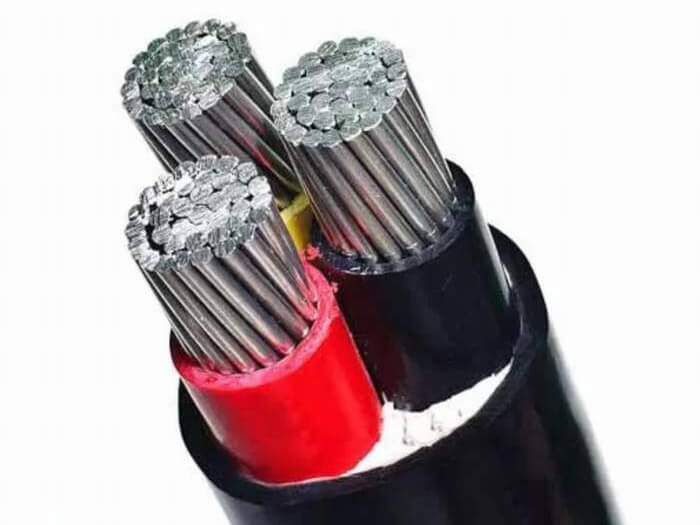Aluminum is a fascinating metal renowned for its versatility and abundance in various industrial and everyday applications. One of the frequent queries surrounding aluminum revolves around its electrical conductivity. Many wonder: Does aluminum conduct electricity effectively? Is aluminum conductive at all? Let’s delve into the properties of aluminum to uncover the truth.
Electrical conductivity refers to a material’s ability to allow the flow of electric current. In simpler terms, it determines whether a substance can transmit electricity or not. Metals are generally good conductors of electricity due to the free movement of electrons within their atomic structure. This characteristic enables the easy flow of electric current through the material.
When it comes to aluminio, it indeed falls into the category of conductive materials. In fact, aluminum boasts remarkable conductivity properties, making it an essential component in various electrical applications. Whether it’s in power lines, electronic devices, or household wiring, aluminum plays a pivotal role in facilitating the transmission of electricity.

The conductivity of aluminum is often compared to other metals, particularly copper, which is renowned for its superior conductivity. While copper outperforms aluminum in terms of conductivity, aluminum still holds its ground as a viable alternative. Its conductivity is approximately 63% that of copper( u 25 ° C), making it a cost-effective option for many electrical purposes.
Several factors can affect aluminum’s conductivity, including its purity, temperature, and structural integrity. High-purity aluminum exhibits better conductivity compared to impure variants, as impurities can hinder the flow of electrons. Adicionalmente, like most metals, aluminum’s conductivity decreases as temperature rises due to increased electron scattering.
Aluminum’s conductivity, coupled with its lightweight nature and corrosion resistance, renders it indispensable in various electrical and engineering fields. From power transmission lines and electrical cables to heat sinks and electronic components, aluminum finds extensive use in both domestic and industrial settings.
P'iskambal autor © Huasheng Aluminium 2023. Tuláakal le p'iskambal reservados.